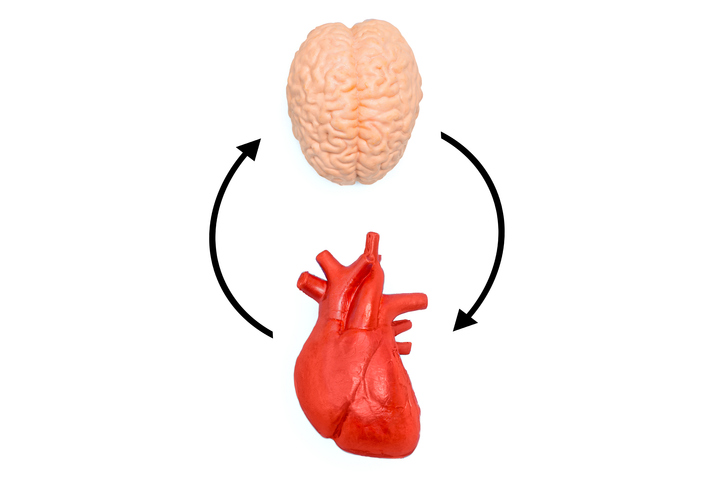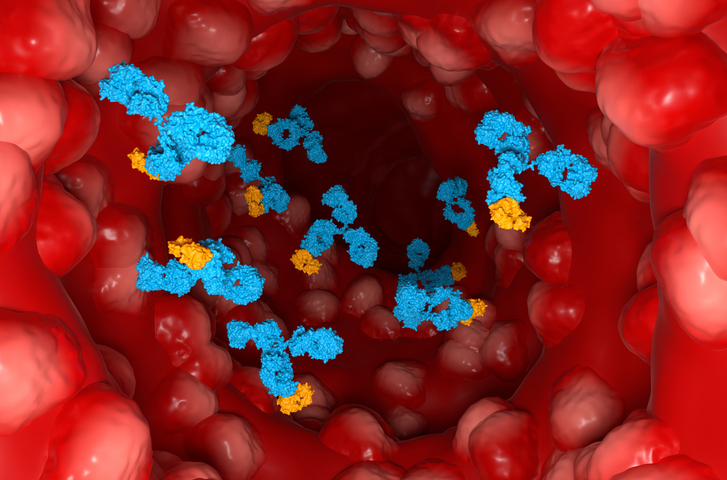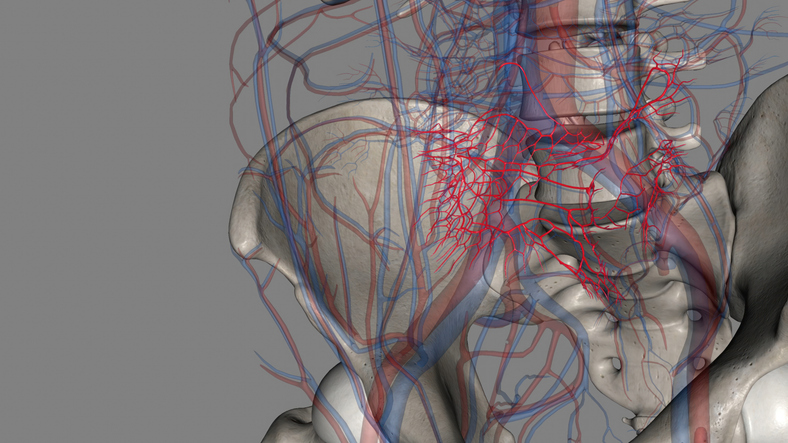
Researchers led by Julian Furtado Silva, MD, conducted a systematic review to find evidence of a connection between Crohn disease and the gut-brain axis (GBA). Results were published in American Journal of Translational Research. They employed a search strategy involving strict neurologic inclusion criteria. It was conducted by searching for studies published between 2017 and 2024 in PubMed, PubMed PMC, BVS-BIREME, SCOPUS, Web of Science, Embase, and Cochrane databases.
Of the fifty original research articles that were included, 20 addressed neuroimaging methods to evaluate functional or structural brain changes in patients with Crohn disease and 18 of them related to different diseases, including Parkinson disease, Alzheimer disease, dementia, amyotrophic lateral sclerosis, multiple sclerosis, and multiple system atrophy.
Eight articles addressed sleep disorders related to Crohn disease, two explored electroencephalography changes, one investigated brain-derived neurotrophic factor serum levels, and one correlated vagotomy with Crohn disease.
“Interest in the link between [Crohn disease] and GBA is increasing, but studies remain varied and inconclusive, spanning from epidemiology to brain imaging and neglecting to investigate a mechanistic relationship. This [systematic review] underscores the need for further research to better understand the potential role of GBA in the prognosis and etiology of [Crohn disease], highlighting its complexity,” the researchers concluded.







 © 2025 Mashup Media, LLC, a Formedics Property. All Rights Reserved.
© 2025 Mashup Media, LLC, a Formedics Property. All Rights Reserved.